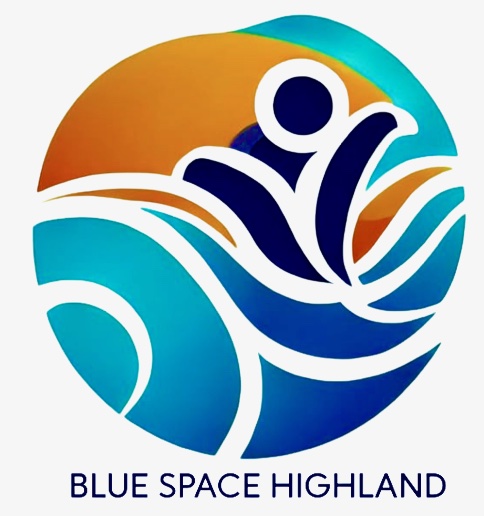Introduction:
Post-Traumatic Stress Disorder (PTSD) can have a profound impact on one’s mental and emotional well-being, making the pursuit of therapeutic activities crucial for managing symptoms. Paddle boarding, a water-based recreational activity, has gained recognition for its positive effects on individuals dealing with PTSD. In this article, we explore the various ways in which paddle boarding can offer solace, promote mental well-being, and contribute to the overall healing process.
Connection with Nature:
Paddle boarding allows individuals to connect with nature on a deeper level. Being surrounded by the calming sounds of water, the gentle movement of the board, and the expansive horizon can create a serene environment that contrasts with the chaos often associated with PTSD. Nature has been proven to have therapeutic effects, reducing stress and promoting relaxation.
Mindfulness and Presence:
Engaging in paddle boarding requires a high level of focus and balance, promoting mindfulness. By being fully present in the moment, individuals can temporarily escape intrusive thoughts and anxiety associated with PTSD. The rhythmic motion of paddling and the sensation of gliding across the water provide a meditative experience, allowing for mental clarity and peace.
Physical Exercise and Endorphin Release:
Regular physical activity is known to have positive effects on mental health, and paddle boarding offers a full-body workout. The act of paddling engages various muscle groups, promoting strength, flexibility, and cardiovascular health. Additionally, exercise stimulates the release of endorphins, the body’s natural mood enhancers, which can contribute to a more positive mental state.
Sense of Achievement and Empowerment:
Mastering the art of paddle boarding, from learning to stand on the board to navigating different water conditions, provides a sense of achievement and empowerment. Overcoming challenges on the water can boost self-esteem and instill a sense of control, which is particularly beneficial for individuals dealing with the loss of control often associated with traumatic experiences.
Social Connection and Support:
Paddle boarding can be enjoyed individually or in a group setting, providing opportunities for social connection. Sharing the experience with others who understand or have similar challenges can foster a sense of camaraderie and support. Group paddle boarding sessions or classes can create a supportive community, encouraging individuals with PTSD to connect with others on their healing journey.
Stress Reduction and Cortisol Regulation:
The tranquil nature of paddle boarding contributes to stress reduction by lowering cortisol levels, the hormone associated with stress. The combination of the rhythmic paddling motion, the sound of water, and the fresh air can create a calming environment, helping to regulate the body’s stress response.
Conclusion:
Paddle boarding emerges as a powerful and holistic therapeutic tool for individuals with PTSD, offering a unique blend of physical exercise, mindfulness, and connection with nature. The sense of achievement, empowerment, and social support associated with paddle boarding can play a crucial role in the healing process. As more people discover the therapeutic benefits of this water-based activity, it continues to provide a path towards serenity and well-being for those navigating the challenges of PTSD.
